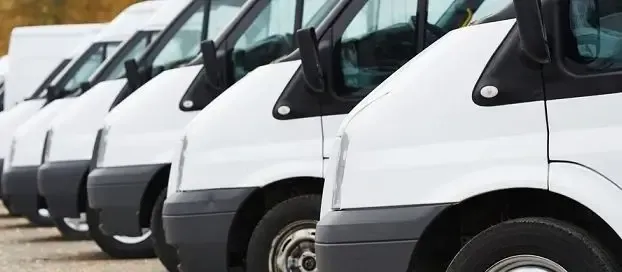
For many small businesses, filing taxes brings a feeling of dread. From missing invoices to misreported expenses, it’s easy to make small mistakes that lead to big consequences. Even the most organised companies can overlook something during a busy quarter, especially when handling tax admin in-house.
The good news? Most common tax errors are avoidable with a bit of forward planning and the right systems in place.
In this article, we’ll break down the most frequent filing mistakes small businesses make, along with some straightforward ways to reduce risk, stay compliant, and save time on your next return.
Small errors can have a big impact
When you’re running a growing business, your focus is understandably on operations. Tax paperwork often takes a back seat, until the deadline looms.
But HMRC doesn’t differentiate between accidental and avoidable mistakes. Filing errors, missed deadlines, or incorrect claims can result in:
- Penalty charges or interest
- Delays in tax repayments
- Time-consuming audits or enquiries
- Reputational risk with lenders or investors
The earlier you catch and fix issues, the easier it is to avoid these problems.
Common tax filing mistakes – and how to fix them
Missing or disorganised records
Receipts in shoeboxes, spreadsheets with gaps, and missing VAT invoices make it difficult to file an accurate return, or defend it later if questioned.
Fix it: Use cloud-based software to store digital copies of receipts and invoices, and keep records organised by category. Start with high-volume expense areas like fuel, equipment, and utilities.
Misreporting business vs personal expenses
Using the same card for personal and business spending can lead to confusion – especially when claiming VAT or tax-deductible costs.
Fix it: Separate your business and personal spending. Ideally, use a dedicated business payment method for all fuel and travel costs. If you use a personal vehicle, keep detailed mileage logs and only claim business-related travel.
Over or under-claiming VAT
It’s easy to claim too much – or too little – when you’re not sure which expenses qualify, or if the proper documentation is missing. HMRC requires VAT invoices with specific fields; credit card slips or statements won’t cut it.
Fix it: Before each return, review your VAT claims. Check you have proper VAT receipts, and make sure you’re not claiming on ineligible or mixed-use items.
Not keeping digital records
With HMRC’s Making Tax Digital (MTD) initiative now fully rolled out for VAT-registered businesses, digital record keeping is no longer optional.
Fix it: Use accounting software that supports MTD-compliant submissions and integrates with your bank feed or expense tools.
Leaving it to the last minute
Many filing mistakes come down to time pressure. When you’re rushing, it’s easy to overlook something, submit the wrong figures, or make a typo that causes delays or fines.
Fix it: Schedule monthly mini-checks on your finances instead of one frantic pre-deadline review. You’ll catch issues earlier and reduce last-minute stress.
Make fuel one less thing to worry about
Fuel is one of the highest recurring costs for mobile teams, field workers and delivery businesses, but it’s also one of the messiest to track.
Drivers forget receipts. Claims are submitted late. VAT gets lost in the process.
That’s why more businesses are turning to fuel card solutions in the UK to streamline the process and stay compliant.
How fuel cards help simplify tax filing
With a fuel card setup, you can:
- Get HMRC-compliant digital invoices – no need for paper receipts
- Separate business fuel spend from personal use
- Track fuel usage by vehicle, driver, or job
- Pull clean reports that feed straight into your tax return
- Avoid duplication and catch anomalies before filing
It’s a small switch that reduces admin, improves accuracy, and saves hours of spreadsheet work – especially for businesses managing multiple vehicles or team members.
Other tools worth considering
A few more things that can help reduce tax-filing stress:
- Mileage tracking apps to log personal vehicle use
- Bank feeds that automatically categorise expenses
- Regular reconciliations to catch errors early
- Integrations between accounting and payment platforms
None of these tools need to be expensive, but together, they can transform how you manage tax admin.
Filing doesn’t need to be frantic
Tax filing doesn’t have to mean late nights or last-minute panic. By putting simple systems in place – and using tools like a fuel card to bring structure to your expenses – you can stay ahead of your obligations without slowing your business down.
And the more confidently you manage your tax admin, the more time you have to focus on the parts of the business that drive growth.


